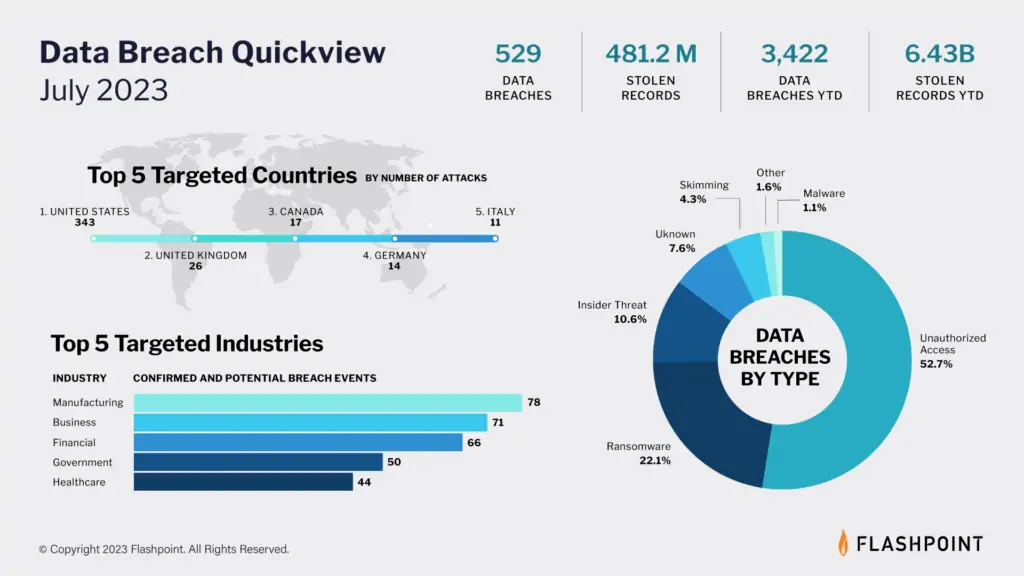In today’s digital age, where everything from banking to personal communication happens online, password security has never been more critical. Despite advancements in technology and security measures, weak passwords continue to be a significant threat. In this post, we’ll delve into the reasons why weak passwords are still a major security risk in 2024 and offer practical solutions to help you protect your online accounts.
The Persistence of Weak Passwords
Weak passwords are a fundamental vulnerability in the realm of cybersecurity. Despite numerous warnings and increased awareness, many users still rely on easily guessable passwords such as "123456," "password," or simple variations of personal information. This is partly due to the convenience of using easily remembered passwords, but it also highlights a lack of understanding about the real risks associated with weak passwords.
Why Weak Passwords Remain a Problem:
Human Behavior: Many people choose passwords based on convenience rather than security. They often use easily memorable passwords or reuse the same password across multiple sites, which can be exploited by attackers.
Password Management Challenges: Without a reliable method to generate and store complex passwords, users may resort to simpler ones. This is where password management tools can make a difference by generating strong, unique passwords for each account.
Lack of Awareness: Despite numerous security breaches making headlines, many people still underestimate the potential consequences of using weak passwords. They may not realize that their personal and financial information is at risk.
The Risks Associated with Weak Passwords
Weak passwords can lead to various cybersecurity issues, making it easier for attackers to gain unauthorized access to sensitive information. Here are some of the key risks:
Unauthorized Access: Attackers can easily guess or crack weak passwords, gaining access to email accounts, social media profiles, and even financial information. This can result in identity theft or financial loss.
Data Breaches: Weak passwords contribute to large-scale data breaches where attackers gain access to databases containing sensitive user information. This data can be sold or used for malicious purposes.
Phishing Attacks: Weak passwords make it easier for attackers to create convincing phishing schemes. They may use stolen credentials to trick users into revealing additional personal information.
How to Strengthen Your Passwords
To protect yourself from the risks associated with weak passwords, it’s essential to adopt best practices for password security. Here are some tips to help you create and manage strong passwords:
Use a Password Generator: A password generator can create strong, random passwords that are difficult for attackers to guess. Tools like the Password Generator can help you generate secure passwords to stay safe online.
Employ Multi-Factor Authentication (MFA): MFA adds an extra layer of security by requiring additional verification beyond just your password. This could be a code sent to your phone or a biometric scan.
Avoid Reuse: Use a unique password for each of your accounts. Reusing passwords increases the risk of a single breach compromising multiple accounts.
Regularly Update Passwords: Change your passwords periodically to mitigate the risks of long-term exposure. This is particularly important for sensitive accounts.
Educate Yourself and Others: Stay informed about the latest cybersecurity threats and share this knowledge with friends and family. Awareness is a crucial component of improving overall security.
The Role of Password Managers
Password managers can be invaluable tools for managing complex passwords. They securely store and organize your passwords, allowing you to generate strong ones without the need to remember them all. By using a password manager, you can reduce the likelihood of using weak or reused passwords.
Conclusion
In 2024, the threat of weak passwords remains a significant issue in the realm of cybersecurity. By understanding the risks associated with weak passwords and taking proactive steps to strengthen your password practices, you can significantly reduce your vulnerability to online threats. Utilize tools like the Password Generator to create secure passwords and employ additional security measures to protect your online accounts.
Remember, strong passwords are a fundamental aspect of your digital security. Don’t leave your personal and financial information vulnerable—take action today to safeguard your online presence.


